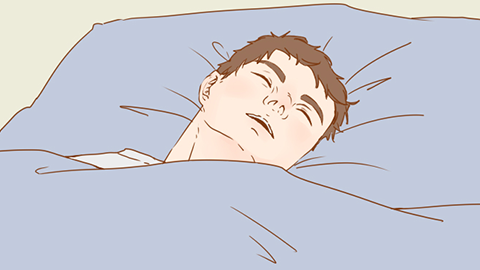Can narcolepsy be self-controlled?
Narcolepsy is usually difficult to control voluntarily. If physical discomfort occurs, it is recommended to seek medical attention at a hospital as soon as possible and follow the doctor's instructions for treatment.

The core symptom of narcolepsy is sudden sleep attacks, which are often unpredictable and uncontrollable. Even if patients try to resist the urge to sleep, they may suddenly fall asleep, potentially posing serious safety risks while driving, working, or engaging in other important activities. Therefore, in most cases, patients cannot fully control the symptoms of narcolepsy and must rely on medication and guidance from professional doctors.
Due to the inability to control excessive daytime sleepiness, patients may suddenly fall asleep during daily activities, significantly affecting work, study, and social engagement. Treatment options include medication, lifestyle adjustments, and psychotherapy. Commonly used medications include benzhexol hydrochloride, which can help improve symptoms of excessive sleepiness but must be used under a doctor's supervision. Maintaining a regular sleep schedule and healthy dietary habits can help manage symptoms.
It is recommended to ensure 7-8 hours of high-quality sleep each night, avoid using electronic devices before bedtime, and create a quiet, comfortable sleeping environment.




